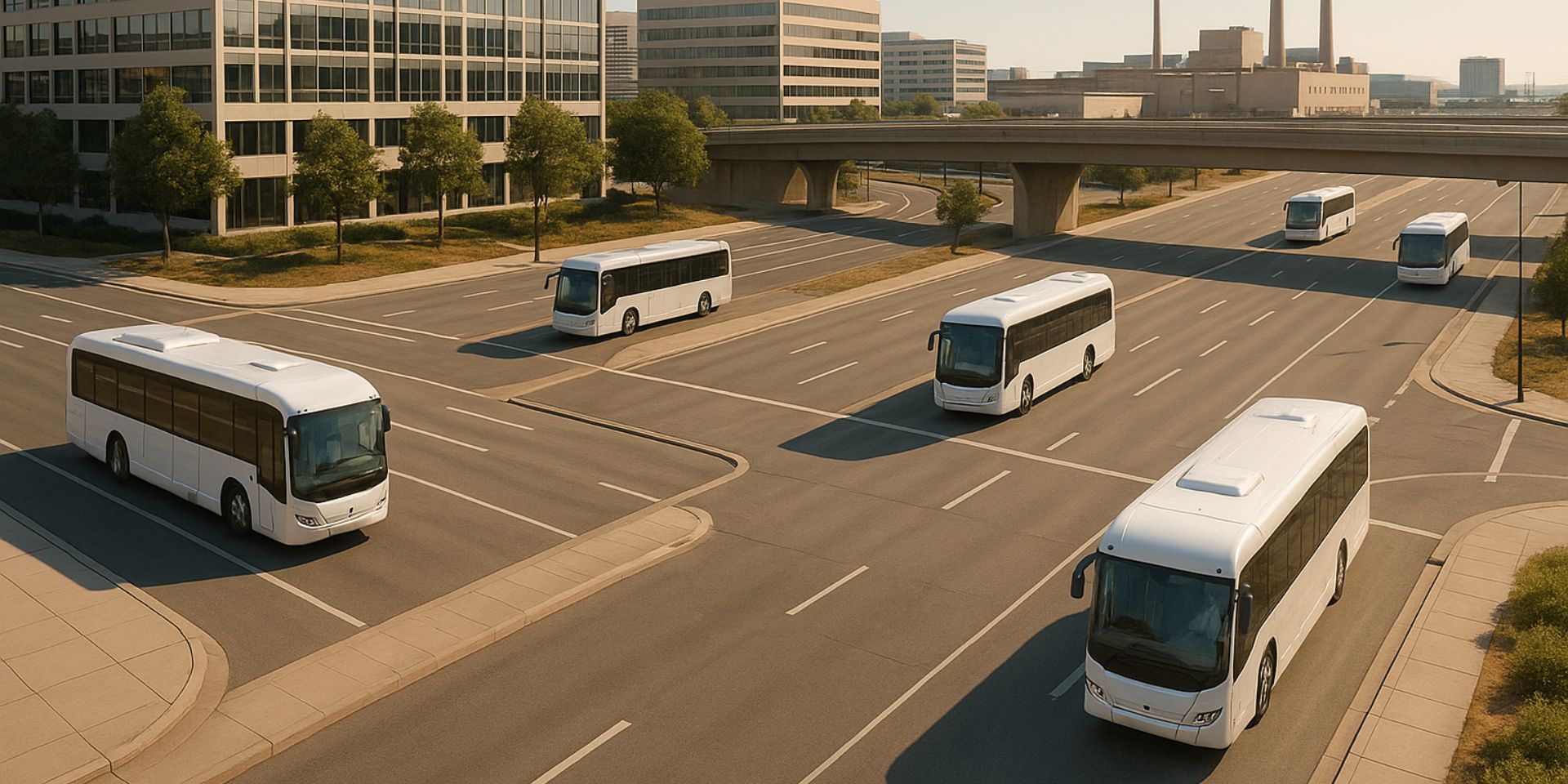Transport's Role in Improving US Employment Opportunities

One of the most pressing issues with transportation in the US is the lack of public transportation options in many rural areas. In many small towns and rural communities, public transportation is either non-existent or infrequent, making it difficult for residents to commute to work. This forces many people to rely on personal vehicles, which can be expensive to maintain and often limits their access to job opportunities outside of their immediate area. The cost of owning and maintaining a vehicle can be a significant burden for low-income families, who may have to choose between paying for transportation and other basic necessities.
In addition to the lack of public transportation options, many rural and suburban areas are also poorly connected to the broader transportation network. For example, many communities are located far from major highways, making it difficult for residents to commute to job opportunities in larger cities. This can be especially challenging for those who live in areas with limited access to public transportation, as they may have to rely on more expensive transportation options, such as taxi or ride-sharing services, to reach job opportunities.
The manufacturing industry in rural and suburban areas in particular faces unique challenges when it comes to transportation. These areas are often poorly connected to major transportation networks, which can make it difficult for workers to commute to job opportunities. For employees who live in areas with limited access to public transportation, this challenge can be even greater. They may have to rely on costly transportation options, such as ride-sharing services, to travel to work. This lack of reliable and affordable transportation can make it harder for manufacturers to attract and retain skilled workers.
.avif)
Another challenge facing rural and suburban communities is the lack of affordable housing options near job centers. This means that many people who live in these areas must commute long distances to reach job opportunities, increasing their transportation costs and making it harder for them to make ends meet. In many cases, the cost of commuting to work can be so high that it effectively eliminates access to job opportunities for low-income families, making it even harder for them to escape poverty and achieve financial stability.
The impact of transportation as a barrier to employment opportunities is not limited to rural and suburban areas. In many cities, the lack of affordable and reliable transportation options can also make it difficult for low-income families to access job opportunities. For example, in many urban areas, public transportation can be unreliable and unaffordable, making it difficult for people to commute to work. In addition, many low-income families live in areas with limited access to public transportation, forcing them to rely on more expensive transportation options to reach job opportunities.
To address the challenge of transportation as a barrier to employment opportunities, it is essential that the United States invests in improving public transportation options in rural and suburban areas, as well as in urban areas with limited access to public transportation. This can include expanding existing public transportation systems, building new public transportation infrastructure, and investing in alternative transportation options, such as bike-sharing programs. Additionally, the country should work to make public transportation more affordable and accessible for low-income families, through programs such as discounted fares or subsidies for transportation costs.
By offering an alternative transportation system to driving or trains, employees benefit from a more relaxing commute and lower costs. Take sustainable employee bus service Zeelo. Our innovative solution provides a fully managed fleet at affordable prices, with flexible booking and cancellation.
Smart and safe, employees can pre-book via our app or website. And there’s the option for employers to split the costs with staff, too – an added monetary incentive. We help you design dedicated routes and add new ones. That way, businesses can extend employee pools to more rural localities, widening catchment areas and attracting more candidates.
The lack of affordable and reliable transportation options in many rural and suburban areas, as well as in urban areas with limited access to public transportation, acts as a barrier to employment opportunities and economic stability. To address this challenge, it is essential that the country invests in improving public transportation options and making them more accessible and affordable for low-income families. Only by breaking down geographical barriers to employment opportunities can we ensure that all Americans have the opportunity to achieve financial stability and improve their quality of life.
Start your employee transportation journey with Zeelo today! Get in touch to find out how!
We help companies and schools achieve their transportation program goals
Corporate shuttles


Warehouse/Distribution


Schools & Universities


Become a partner


Want to know how we can help you?












